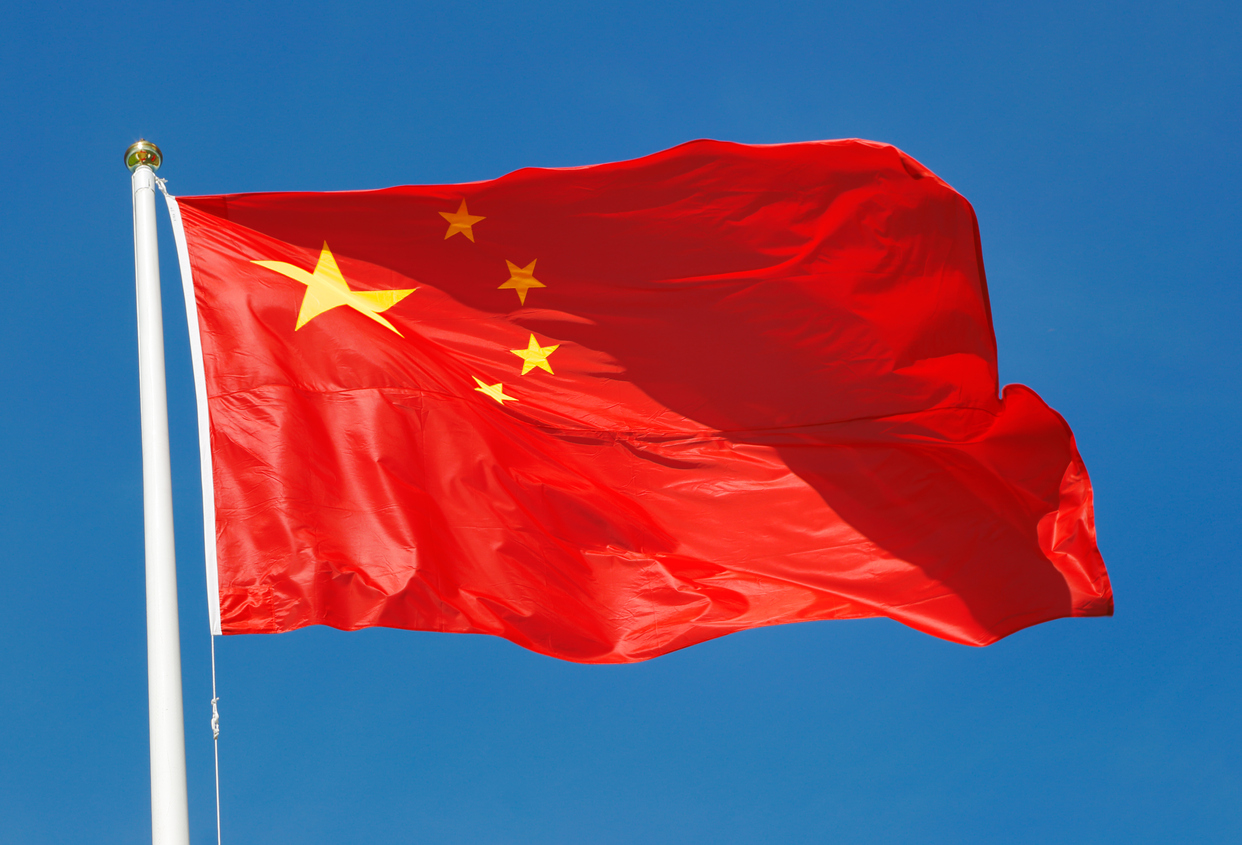2025/01/14
Chinese Economy Stumbles as Domestic Demand Declines: Urgent Structural Reform Needed to Stop Exporting Recession

On October 14, China's General Administration of Customs announced that China’s total trade for the January-September period grew by 3.4% year-on-year, with exports rising 4.3% and imports rising 2.2% respectively. This contrasts with the robust growth of 6.1% in total trade recorded in the first half of the year (January-June), including a 6.9% increase in exports and a 5.2% increase in imports, showing a distinct slowdown since the summer months. The drop in imports was particularly noticeable, with growth slowing to a mere 0.3% in September alone.
The slump in domestic demand and growing deflationary pressure are also reflected in the price indexes released by the National Bureau of Statistics of China. The consumer price index (CPI) for September rose by 0.4% year-on-year, driven by a 3.3% increase in food prices, while non-food prices turned negative, declining by 0.2%. The producer price index (PPI) also weakened, dropping by 2.8% in September, marking the largest decline in six months.
Amid these circumstances, the authorities are shifting their focus from traditional industrial promotion investments to stimulating consumer spending. Of the 2 trillion yuan in special government bonds scheduled for issuance by the end of this year, 1 trillion yuan will be directed toward household expenditures. The allocation will also cover initiatives such as loosening restrictions on down payments for home purchases, enhancing support measures for homebuyers through reduced mortgage rates, and providing subsidies for childrearing-related expenses. That said, one-off economic stimulus measures will have a limited effect. To address the disparity between rural and urban areas and expand stable domestic demand, urgent structural reforms are needed specifically in industrial policies and social infrastructure, targeting employment, tax system, social security, and local government debt issues.
This past July, the youth unemployment rate reached 17% in China. Under such social situation, the recent Chinese young generation is adopting a spending style known as “consumption downgrade.” While sales of luxury brands and new cars have stalled, young people are leaning toward the secondhand goods market. During this year’s Chinese National Day holiday, a total of 2.03 billion people traveled, surpassing pre-Covid-19 levels. Likewise, over 13 million people entered and left the country during this period. However, for domestic travel, cost-saving trips to nearby destinations using private cars were the most popular option. At the same time, airfares for domestic flights saw a widespread decline. According to the World Bank, a 1% slowdown in China's growth is estimated to cause a corresponding 0.21% drop in the GDP of neighboring countries. It is hoped that highly effective structural reforms will be implemented to prevent a recession that could ripple across other Asian countries but above all, to ensure political stability.
This Week’s Focus, 10.13 – 10.17
Takashi Mizukoshi, the President